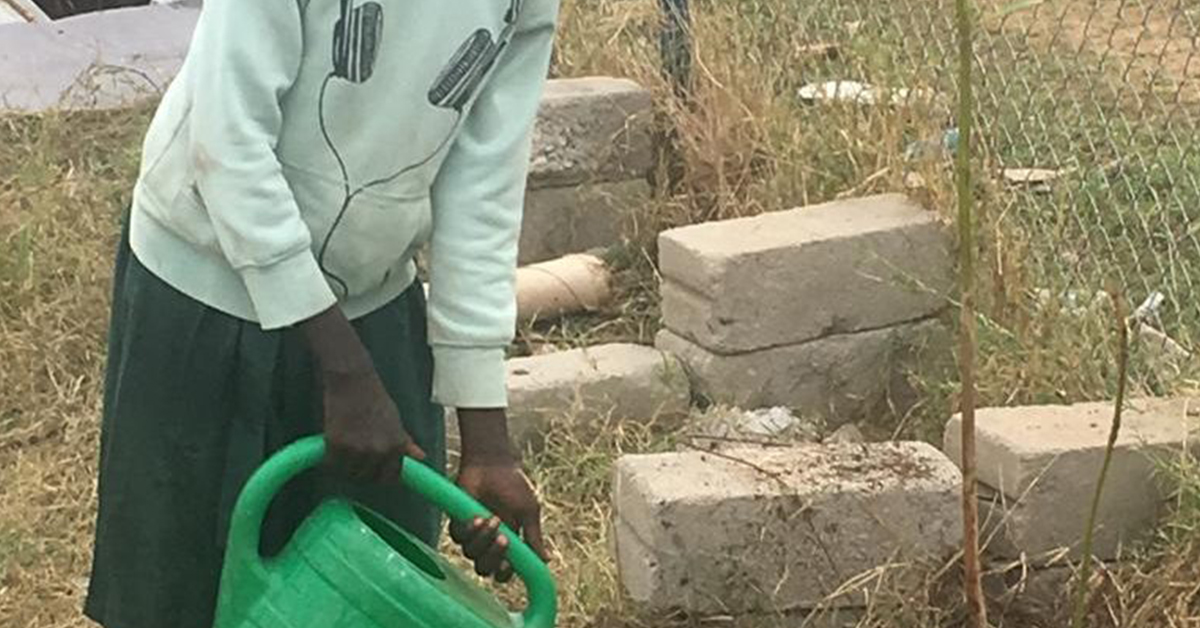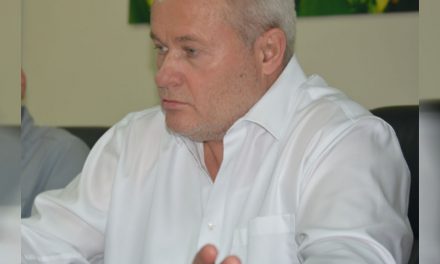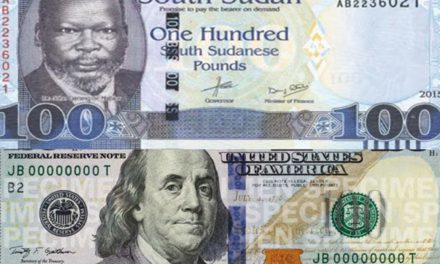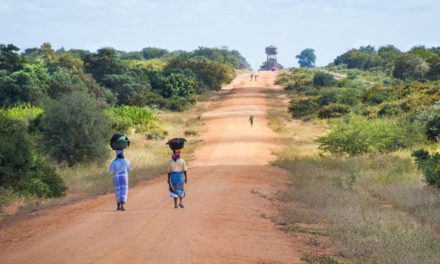
Former South Sudan Lost Boy Invests In Education To Change A Generation’s Worldview

BY MERCY GAKII
High temperatures, soaring to highs of 33 degrees Celsius (over 90F) in the afternoon hours will not deter these three to 14-year olds.
They stay on, their tin-roofed classrooms smoking hot in the sweltering heat, but still a better deal that staying home all day.
The more than 360 school pupils of Good Shepherd Academy in Gumbo – Sherikat, a suburb just a short drive outside Juba City, love it when they are in school. Even Saturdays find them joining a tuition class and other out-of-class activities.
It is Saturday when I visit, and the children are happily practicing a traditional dance. They will present it to their parents later in the day.
Reverend John Chol Daau, drives into the school compound. Scores of children quickly swarm around him, talking excitedly in English. They want to get their pronunciations right. And indeed, they do not disappoint.
“I love it here, we learn to write and to speak,” says 11-year-old Emmanuel, a grade three boy in the fast-growing school. The school teaches in English. Although the children can speak Arabic and different vernacular languages, Reverend likes to have them also taught Swahili, the official language in East Africa.
Reverend John is an Anglican priest, a Masters graduate in Religion and Sociological studies from the Anglican Seminary, Trinity School for Ministry in Pittsburgh Pennsylvania. He first studied for a Bachelor of Arts degree in Community Development and Public Relations in Daystar University, a Christian institution in Kenya.
But the 43-year old’s story is one of extreme resilience, after fleeing his native country of South Sudan in the height of the long civil war of 1980s that ended with South Sudan’s secession from the north and independence in 2005.
“I was born in Khartoum, Sudan. My family then moved back to Baping, north of Bor town [Jonglei State]. When the war broke out, we trekked thousands of kilometres to neighbouring Ethiopia,” he remembers.
He was still a small boy, who saw first-hand uncountable deaths as little ones, the old and the injured fell off the trek, left to die in the wilderness.
He spent three years in Ethiopian refugee camps, but civil unrest in Ethiopia drove the boys south to Kenya along with over 40, 000 of other unaccompanied minors famously known as Lost Boys of Sudan.
Kenya took the refugees in at Kakuma refugee camp, while many others were sheltered in neighbouring Uganda. He would spend over 13 years at this Kenyan abode, eventually leaving the camp to enter Daystar University after Dr. Tom and Bette Wanou, a missionary couple found him at the refugee camp ministering.
His story is captured in his biography that he co-authored with Lilly Sanders Ubbens “God’s Refugee” published in 2015 by Hartline Literary Agency.
His journey back to his motherland after seminary began in 2011 when his brother Joseph Daau, also a graduate of Daystar University offered him a small piece of land in Gumbo – Sherikat, that he could use to start a theological college.
He wanted more people to know the liberating news of Jesus Christ. At the same time, he was dating the lady who would become his wife, Sarah.
It is Sarah who suggested that the institution would be best to start by educating the little ones, such that they grow up in knowledge of Christ. That marked the beginning of Good Shepherd Academy, which then accommodated preschool children.
The school opened its doors in 2016, but the joy was short-lived, he remembers, with a twitch of sadness. Conflict revisited the newly independent nation, disrupting what was becoming an otherwise normal routine. The city was quickly deserted as children and parents fled the chaos, going back to internal displacement camps. It would be a long wait, one of uncertainty.
According to ReliefWeb, since the outbreak of conflict in 2013, South Sudan has remained in the grip of a humanitarian crisis. The conflict is estimated to have led to nearly 400,000 excess deaths since 2013. More than 4.1 million people have fled their homes in search of safety, two million of them internally. Women and children account for over 61% of this population.
The school reopened in late of 2016 but this time round, Reverend John could not admit more than 100 children, yet over 400 eager pupils showed up for school after the 2016 conflict and 300 of them were turned away due to lack of space and teachers. “It is indeed difficult to turn away children, but at space constraints stood in the way.”
“What encouraged me was the high number of children who turned up for school. However due to our low capacity, we admitted less than 100 pupils,” the reverend remembers. Three years down the road, Good Shepherd Academy has a total of 360 pupils, with 186 girls and 174 boys.
South Sudan, the newest democracy in the world, has some of the worst educational indicators globally. Only one girl in ten completes primary education and girls comprise just one-third of the secondary school population.
There are many barriers including cultural, financial, physical, and quality of life that are preventing children from enrolment and completing school according to The Girls’ Education in South Sudan Phase 2 (GESS 2, a non-profit fronting for girls’ education.
“I must mention that the number of orphans are also very many. As at now, we have 70 children missing one or both parents, hence they have no means of paying for their tuition,” mentions Father John, as the children like to call him. He had toyed with an idea of putting up a children’s home, but again, his wife advised against it, offering that the orphans continue to live with relatives for a wholesome upbringing.
A number of the orphaned children have been lucky to benefit from scholarships courtesy of Reverend’s friends.
Each school term costs 5,000 South Sudanese Pounds (about $20) in tuition, and lunch fees. The money is used to fix hot meals for the children for lunch, which is a great idea to help them stay in school till end of day.
Each of the iron sheet-walled classrooms holds between 40 to 60 pupils and can be very uncomfortable during the mostly hot days. But children somehow know that an education will change their fortunes, so they soldier on.
In 2018, a Good Samaritan, having read the story of this former Lost Boy, gave $40,000 to sink a borehole for the children. The 20,000 litre capacity watering point uses solar technology, including the pump, to get the clean and safe water for the children and the community neighboring the school, in an area where access to clean water is a stark contrast to the fast-flowing Nile, just a few kilometres away. Water-borne diseases are rampant, with Typhoid fevers, Cholera, Amoeba common in the country.
Today, the institution shares the rare commodity with its host community and at no charge.
Another major challenge is very few toilet facilities. The boys and girls are forced to share the washrooms due to the high number of pupils, who have exceeded the speed at which the institution has expanded.
Rev Daau has already secured more space to expand the school whose enrolment has been consistently on the upward trajectory.
For the father of four boys, his is a clear testimony of how a troubled childhood has conspired with conflict to shine light on a Christ-centred education that is key to securing the future of generations.
You can reach out to Reverend John Daau on: johnchol@hotmail.com
The writer is a Christian, wife, mother, journalist, and blogger. She comments on various issues in Africa. You can reach her on: mercygakii@gmail.com























Recent Comments